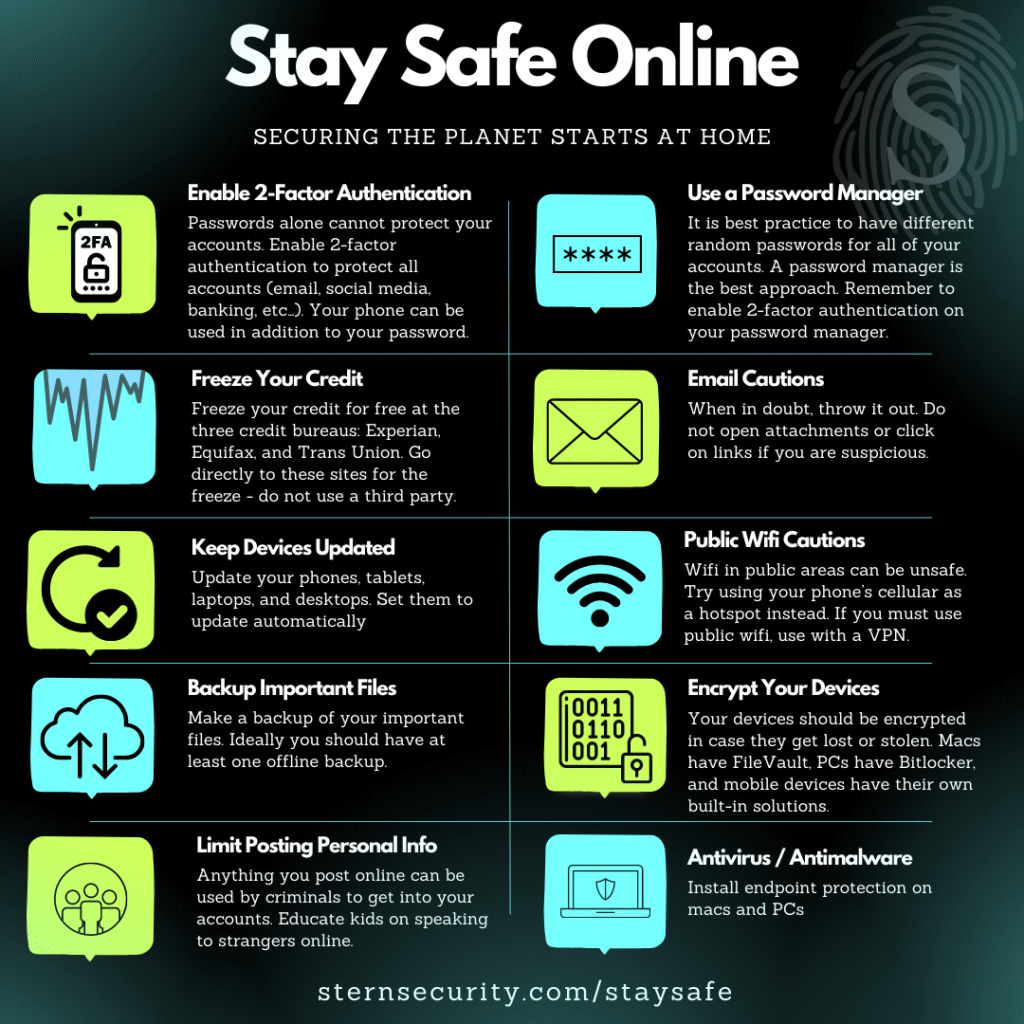“Be safe out there” is a common phrase expressing concern for someone’s well-being, particularly when they are venturing into potentially hazardous situations. It serves as a reminder to prioritize safety and take necessary precautions to avoid accidents or harm. Whether traveling, engaging in outdoor activities, or simply navigating daily life, the message emphasizes the importance of vigilance and responsible behavior.
This article will delve into various aspects of personal safety, providing practical tips and advice on how to stay secure in different situations. We’ll explore safety measures for travel, outdoor adventures, personal security, and everyday life, empowering you to make informed decisions and minimize risks. By following these guidelines, you can enhance your safety awareness and create a more secure environment for yourself.
Safety Tips for Travel
Traveling to new destinations can be exciting but also presents potential safety challenges. Here are some essential tips to ensure a safe and enjoyable trip:
- Research Your Destination: Before embarking on your journey, thoroughly research your destination’s safety conditions, local customs, and any potential risks. Familiarize yourself with emergency contact numbers and important travel advisories.
- Secure Your Belongings: Keep your valuables secure by using TSA-approved locks on luggage, utilizing money belts or hidden pouches for cash and cards, and avoiding displaying expensive jewelry or electronics in public.
- Be Mindful of Surroundings: Stay aware of your surroundings at all times, especially in crowded areas or unfamiliar neighborhoods. Avoid walking alone at night and trust your instincts if a situation feels unsafe.
Transportation Safety
When traveling by air, train, or bus, prioritize safety by:
- Checking In Early: Arrive at airports or transportation hubs with ample time to spare, allowing for security checks and potential delays.
- Securing Valuables: Keep your belongings close to you during travel and avoid leaving them unattended in luggage compartments or public areas.
- Following Safety Instructions: Pay attention to safety announcements and instructions from airline staff or transportation personnel.
Outdoor Safety Precautions
Engaging in outdoor activities can be exhilarating but requires careful planning and awareness of potential hazards.
- Check Weather Conditions: Before heading outdoors, always check the weather forecast and pack appropriate clothing and gear for changing conditions. Be prepared for unexpected weather changes and avoid venturing out during severe storms or extreme temperatures.
- Inform Someone of Your Plans: Let a friend or family member know your planned route, estimated return time, and any potential hazards you may encounter. This ensures someone is aware of your whereabouts in case of an emergency.
- Carry Essential Supplies: Pack a first-aid kit, water, snacks, a map, compass, and a charged cell phone with emergency contacts. These supplies can be crucial in unexpected situations.
Wildlife Encounters
When exploring natural areas, remember to:
- Respect Wildlife: Observe animals from a safe distance and avoid approaching or feeding them. Be aware of potential dangers and follow park guidelines for wildlife interactions.
- Make Noise: When hiking in dense vegetation, make noise periodically to alert animals of your presence and avoid surprising them.
Personal Security Measures
Protecting yourself from personal threats requires vigilance and proactive measures:
- Be Aware of Your Surroundings: Pay attention to people and activities around you, especially in unfamiliar or crowded areas. Trust your instincts if a situation feels unsafe and remove yourself from it.
- Secure Your Home: Install strong locks on doors and windows, use motion-sensor lighting, and consider a security system to deter potential intruders. Be cautious about sharing personal information online and be wary of strangers who approach you unsolicited.
Self-Defense Techniques
Consider learning basic self-defense techniques to increase your confidence and ability to protect yourself in an emergency situation. Enroll in a reputable self-defense class that teaches practical skills for various scenarios.
Staying Safe in Daily Life
Safety is not limited to travel or outdoor adventures; it’s essential to practice safe habits in everyday life:
- Drive Defensively: Always wear your seatbelt, obey traffic laws, and be aware of other vehicles and pedestrians. Avoid distractions while driving, such as texting or using your phone.
- Be Cautious Online: Protect your personal information online, use strong passwords, and be wary of phishing scams or suspicious emails.
Fire Safety
Prevent fires by:
- Installing Smoke Detectors: Ensure you have working smoke detectors on every level of your home and test them regularly.
- Practicing Fire Drills: Conduct fire drills with your family to familiarize everyone with escape routes and safety procedures.
Importance of Vigilance
Staying safe requires constant vigilance and awareness. Be observant, trust your instincts, and take proactive measures to minimize risks in all aspects of your life. Remember that safety is a shared responsibility, so be mindful of others and contribute to creating a secure environment for everyone.
Conclusion
By following the tips outlined in this article, you can significantly enhance your personal safety and well-being. Whether traveling, engaging in outdoor activities, or navigating daily life, remember to prioritize safety, stay aware of your surroundings, and take necessary precautions. Be safe out there and enjoy a secure and fulfilling life.



